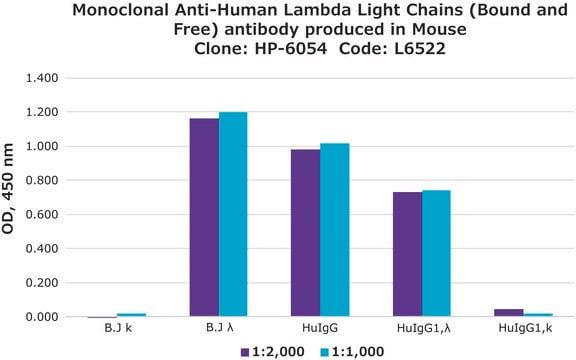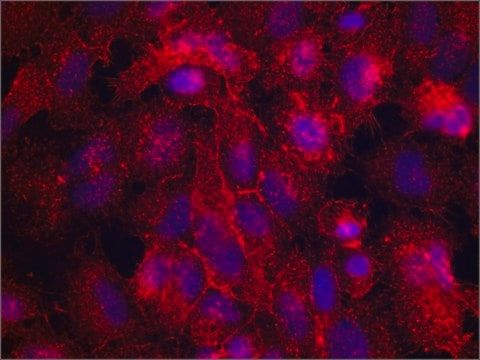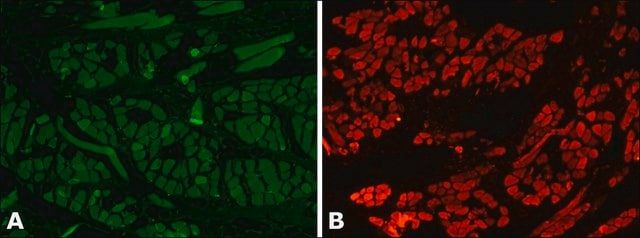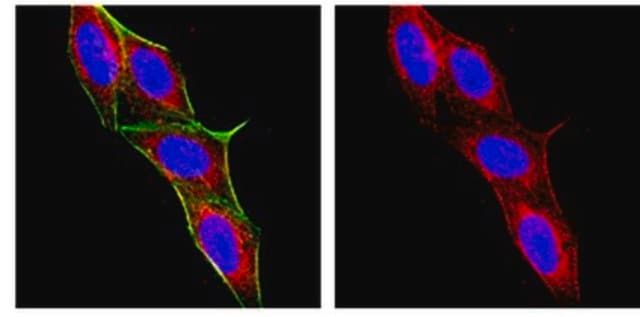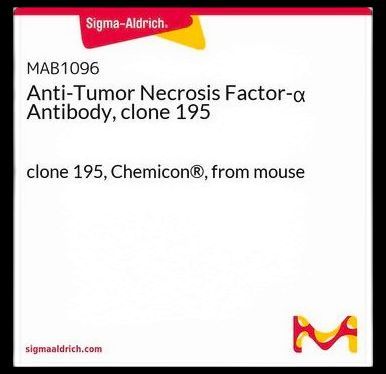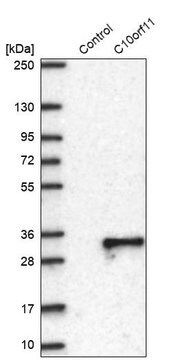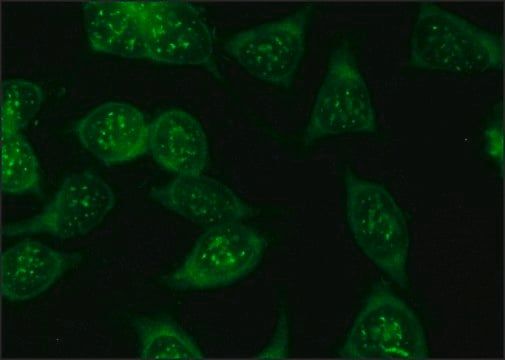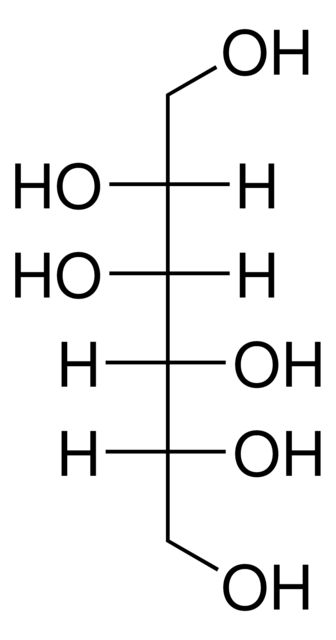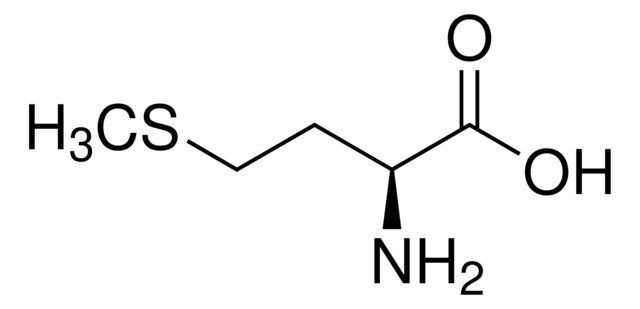Monoclonal Anti-Myosin (Skeletal, Slow) antibody produced in mouse
clone NOQ7.5.4D, ascites fluid
Manufacturer: Sigma Aldrich
Synonym(S): Anti-CMD1S, Anti-CMH1, Anti-MPD1, Anti-MYHCB, Anti-SPMD, Anti-SPMM
Select a Size
| Pack Size | SKU | Availability | Price |
|---|---|---|---|
| 25 μL | M8421-25-μL | In Stock | ₹ 18,281.70 |
| 100 μL | M8421-100-μL | In Stock | ₹ 55,266.90 |
| 0.2 ML | M8421-0.2-ML | In Stock | ₹ 77,566.80 |
M8421 - 25 μL
In Stock
Quantity
1
Base Price: ₹ 18,281.70
GST (18%): ₹ 3,290.706
Total Price: ₹ 21,572.406
biological source
mouse
Quality Level
200
conjugate
unconjugated
antibody form
ascites fluid
antibody product type
primary antibodies
clone
NOQ7.5.4D, monoclonal
contains
15 mM sodium azide
species reactivity
sheep, rat, bovine, hamster, pig, canine, feline, goat, chicken, mouse, rabbit, human, guinea pig
packaging
antibody small pack of 25 μL
technique(s)
electron microscopy: suitableimmunohistochemistry (formalin-fixed, paraffin-embedded sections): 1:4,000 using protease-digested, sections of rabbit tongueindirect ELISA: suitableradioimmunoassay: suitablewestern blot: 1:5,000 using extract of rat or rabbit tongue
Description
- General description: Myosin is a 480 kDa protein known to interact with actin in muscle and in non-muscle cells. It contains two identical heavy chains (200 kDa each) and four light chains (15-26 kDa). Myosin 7 (MYH7) is mapped to human chromosome 14q11.1. Monoclonal Anti-Myosin (Skeletal, Slow) (mouse IgG1 isotype) is derived from the NOQ7.5.4D hybridoma produced by the fusion of mouse myeloma cells and splenocytes from BALB/c mice. Myosin, purified from myofibrils isolated from human skeletal muscle, was used as the immunogen.1-3. The isotype is determined by a double diffusion immunoassay using Mouse Monoclonal Antibody Isotyping Reagents, Catalog Number ISO2.
- Specificity: Monoclonal Anti-Myosin (Skeletal, Slow) recognizes an epitope located on the heavy meromyosin portion of human adult skeletal muscle slow myosin. Cross-reactivity has been observed with human, bovine, sheep, goat, porcine, dog, cat, rabbit, hamster, guinea pig, rat, mouse, and chicken. In rat, the product is highly specific for the slow myosin heavy chain of adult skeletal muscle. It does not react with the fast myosin heavy chain. It does not cross-react with embryonic or neonatal rat skeletal myosins, nor with cat fetal/embryonic skeletal myosin. Using immunohistochemical staining, the antibody reacts with human adult type I skeletal muscle fibers and with cardiac muscle cells. It also reacts faintly with adult human C-Fibers, co-expressing myosin heavy chain I and IIa in variable ratios. The product shows no reactivity with human or rat adult smooth muscle or with non-muscle tissues.
- Immunogen: Human skeletal muscle myosin purified from myofibrils.
- Application: Monoclonal Anti-Myosin (Skeletal, Slow) may be used for the localization of slow (Type I) myosin.Monoclonal Anti-Myosin (Skeletal, Slow) antibody has been used in the detection of Myosin 7 using:light microscopyimmunofluorescence stainingimmunoblottingELISAsolid-phase RIAimmunohistology (frozen, formalin-fixed, paraffin-embedded and methacarn-fixed paraffin-embedded tissue sections) immunoelectronmicroscopy Detection of slow myosin in formalin-fixed, paraffin-embedded, tissues is greatly enhanced by proteolytic digestion of the preparation.
- Biochem/physiol Actions: Myosin molecules consist of two major regions: tail (rod) and heads; they aggregate into filaments through the tail region and interact with actin and with ATP through the head region. Multiple forms of myosin heavy chains exist for each muscle type: skeletal, cardiac, smooth and in non-muscle. Myosin isoforms exist in different types of skeletal muscle, depending on the physiological function of the muscle. Mammalian muscle fibers are classified primarily into slow (I), fast-red (IIa) and fast-white (IIb) major types. Changes in the speed of muscle contraction brought about by neural influences result from changes in the pattern of expression of myosin and other myofibrillar genes. Transient expression of different myosin isoforms occurs during fetal growth and development. Mutations in myosin 7 is associated with laing distal myopathy (LDM). Myosin 7 gene mutations results in muscular dystrophy diseases like scapuloperoneal myopathy. Mutations leads to storage of myosin protein aggregates in muscle, leading to myosin storage myopathy. Mutations in MYH7 is also associated with hypertrophic cardiomyopathy and in heart malformation disease called ebstein anomaly.
- Physical form: Supplied as ascites fluid with 15 mM sodium azide as a preservative.
- Storage and Stability: For continuous use, store at 2-8 °C for up to one month. For extended storage freeze in working aliquots. Repeated freezing and thawing, or storage in "frostfree" freezers, is not recommended. If slight turbidity occurs upon prolonged storage, clarify the solution by centrifugation before use.
- Disclaimer: Unless otherwise stated in our catalog or other company documentation accompanying the product(s), our products are intended for research use only and are not to be used for any other purpose, which includes but is not limited to, unauthorized commercial uses, in vitro diagnostic uses, ex vivo or in vivo therapeutic uses or any type of consumption or application to humans or animals.
SAFETY INFORMATION
WGK
WGK 3
Flash Point(F)
Not applicable
Flash Point(C)
Not applicable
